Written by: Jeremy
As we begin our journey, Robin and I are easing in with relatively short driving days. Of course, the short travel days result in more stops between planned destinations. In fact, in just the last three weeks we have been in eight different locations including two state parks, four private RV parks and two private residences.
This is not necessarily our intended amount of moving but more the result of our need to get in some family time before the weather turns and we need to get south. Let’s face it, charming Milford State Park aside, there is not a ton of reason to linger anywhere between Denver, Colorado and Dayton, Ohio. We are currently set up at an RV park in Ohio visiting family after visiting family in Missouri. We will spend a couple of weeks here before heading south for the winter.
In addition to getting the hang of driving, we are also starting to get the hang of the whole set up and tear down process associated with our new 5th wheel travel trailer. We have had the trailer for a while so we have had plenty of time to figure out how to operate it. Becoming efficient at all the steps required to move is something that is taking more time.
Since we decided to go with a 5th wheel over a motor home I knew set up and tear down with hitching and unhitching would be more of a hassle on short one night stays. Because of this, the “Automatic Electric Leveling System” was a feature we decided we had to have.
“Find a spot, push a button to lower the gear and then hit the Auto Level button once and you are done!” At least that is how they explained in the RV sales showroom. The reality has been a bit different and we have found that getting the trailer fairly level to start is a prerequisite for the “Auto Level” system to work. That stipulation can be a challenge in a lot of Colorado. Considering that the system has already broken and had to be repaired, I am still waiting for the final determination on return of investment on this upgraded feature.
Other parts of the process are getting easier. The hitching and unhitching process is getting smoother every time as is the operations and procedures associated with the three slide-outs. Packing up and securing everything for travel while managing four animals is also something we are getting better and better at. Electric, water and sewer hook-ups are also now a breeze, although the process is still well short of a no-brainer. So far, the only real damage has been to a piece of trim and a cabinet door that that had an unintended union when putting out the office area slide-out.
The final and most important piece that we have had to learn in navigating RV parks is the park staff and/or ownership. We have found that most RV and campground websites are fairly limited and your best bet for getting a good spot and deal is with direct communication with the friendly staff. We have met RV staff of all sorts. Older family owned parks seem to be fairly common and lets just say, the pace is different that we might be accustom to in our previous daily lives.
Pretty quickly, we determined that I am not really cut-out for this job and Robin has taken over all phone and in person communications with RV park personnel. In fact we have determined that it is best if I wait in the car or act like I am checking out something on the trailer while Robin goes in alone. Although I have only done it once or twice, the line of communication in my experience can be something that extends my patience over the edge. Especially after a long day of driving:
Me: “Hi, do you have any available spots for a 32ft, 5th wheel”.
Staff: “Well, I recon we could get you in.”
Me: “Great, can you tell me what your rates are.”
Staff: “Yes”
Me: “OK, what are they?”
Staff: “$30/night”
Me: “Ok, we may end up staying for a week, do you have a weekly rate?”
Staff: “Yes.”
Me: “Ok, what is that rate?”
Staff: “Well that depends on what type of site you want.”
Me: “What are my choices?”
Staff: “Back in or pull through?”
Me: “How about a pull-through.”
Staff: “There aren’t any pull-through’s available this week.”
Me: “Ok, I guess a back-in then”
Staff: “Back lot or front lot?”
Me: “Is there a price difference?”
Staff: “No”
Me: “Ok, I guess we will just take front lot then”
Staff: “Really?”
Me: “Is there something wrong with the front lot?”
Staff: “Well, most people don’t like parking right beside the dumpsters.”
Me: “Do you by chance have a map or any literature that details all of this?”
Staff: “Yes”
Me: “That would be great. Maybe it would be easier if I just looked at that”.
Staff: “I recon we could print one out for you”.
Me: “Ok, if it is not too much trouble.”
Staff: “No trouble, Just need to get my daughter from the basement. She is the only one who know how to use the computer and printer.”
Me: “Can you tell me if your general store carries Scotch?”
When Robin takes care of it and I stay outside, for some reason, we seem to get much better sites and usually we have the staff doing us favors by the time we leave. I don’t know what she does or how she does it, but then again, the TV and internet is a mystery to her so I guess it all works out for us in the end.
I have even tried to book places on-line that say they are full. If it is a place we really want to stay, Robin usually calls to make sure. Five minutes and plenty of mutually animated telephone belly laughing later and we usually have our spot!
RV Lesson #6: When trying to get the best possible RV camping spot, personality goes a long way. However, you have to be ten times more charmin’ than that Arnold on Green Acres, you know what I’m sayin’?

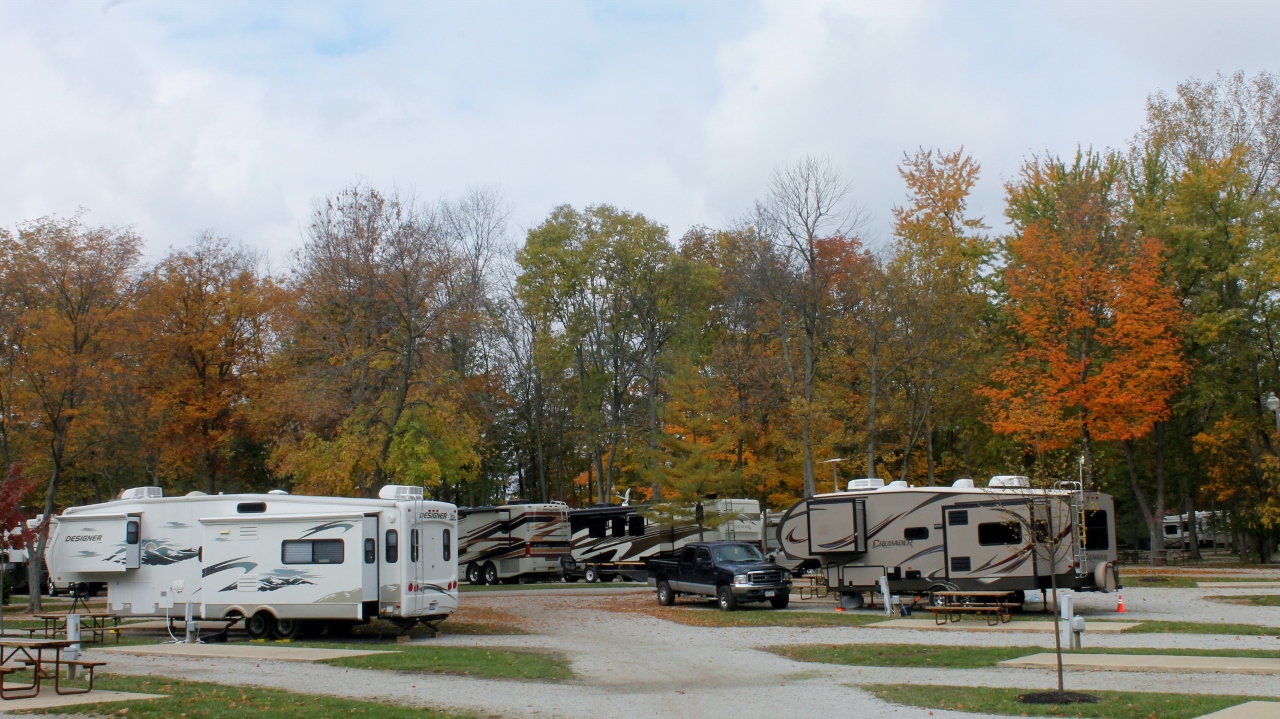

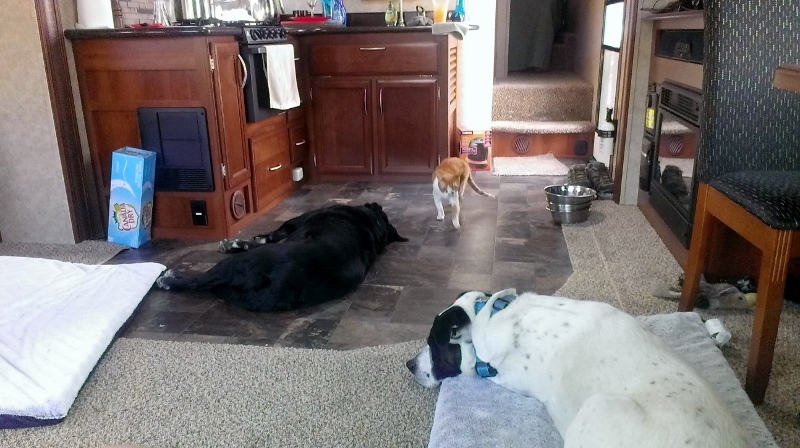
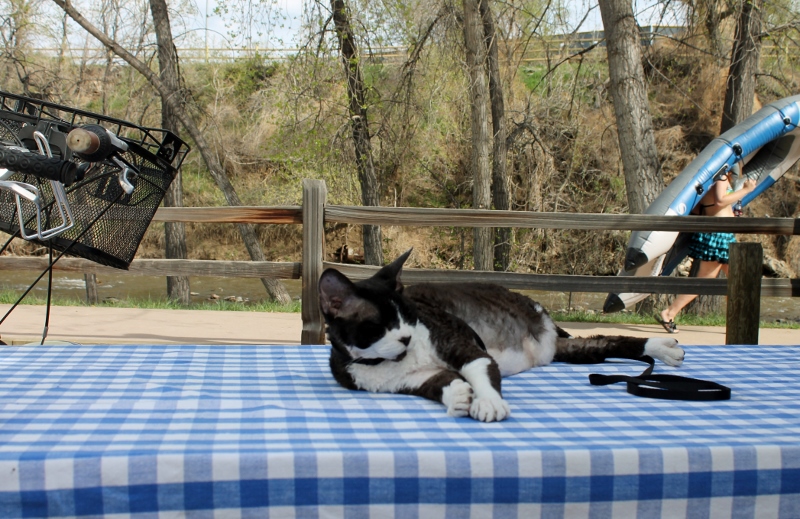
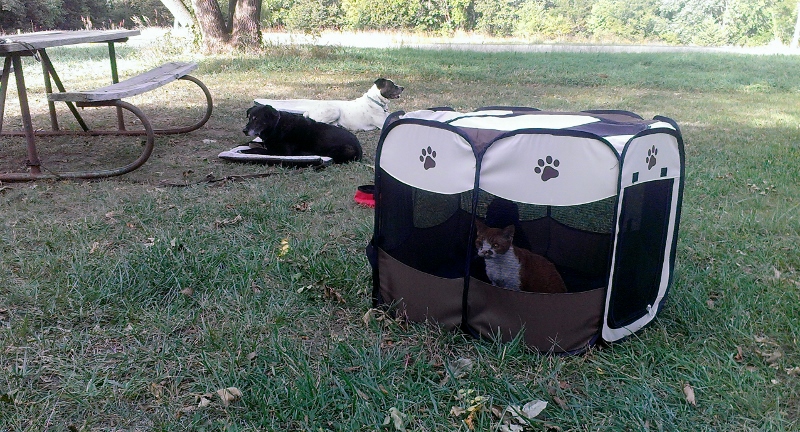

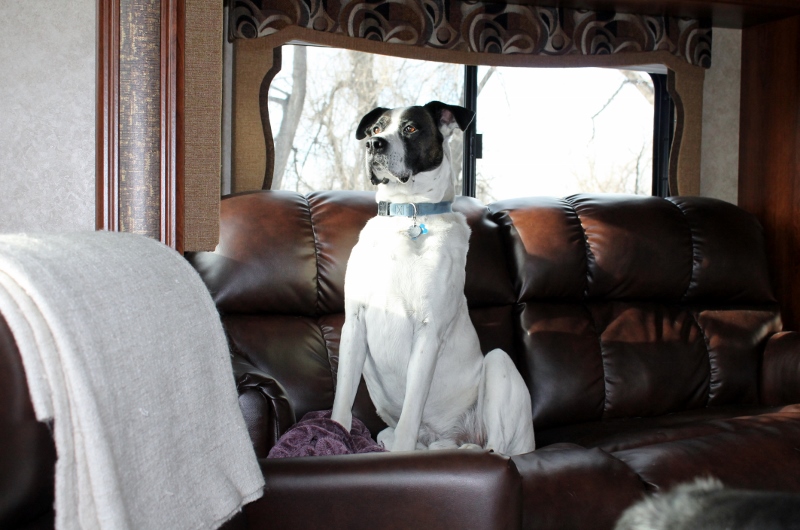
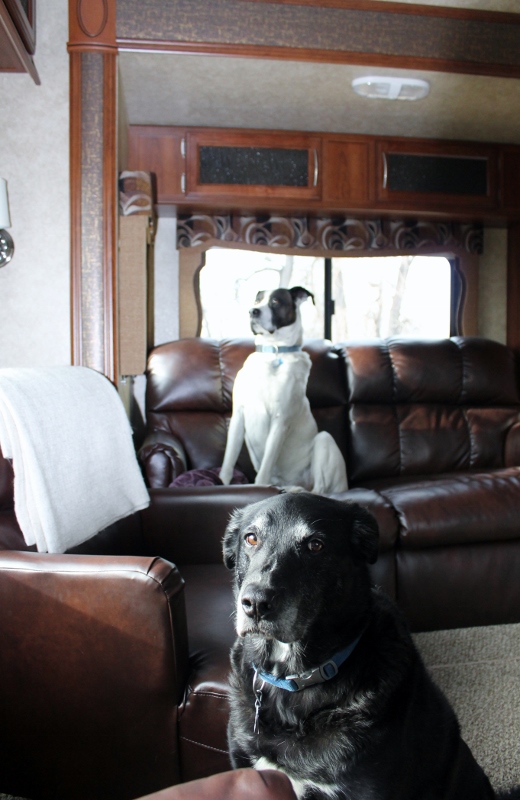
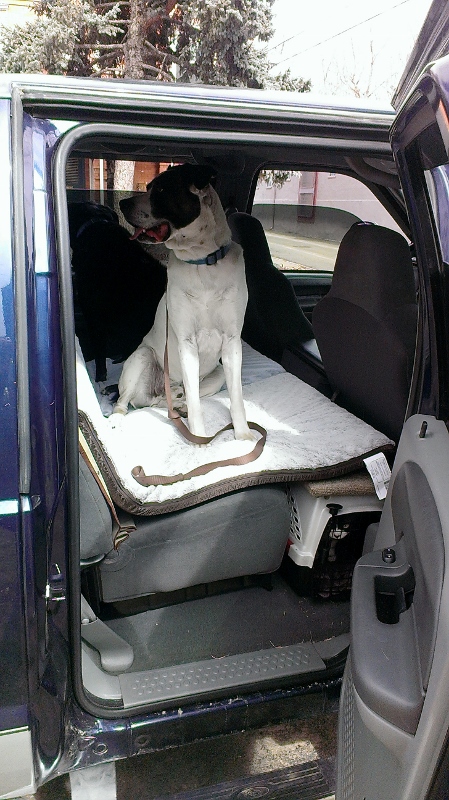
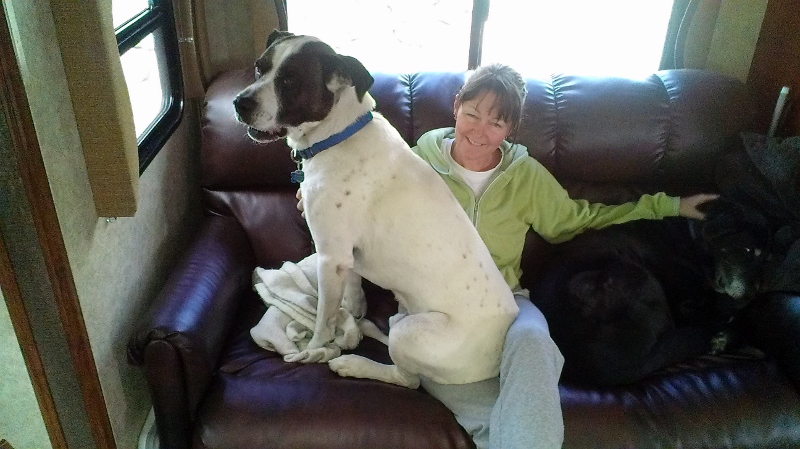
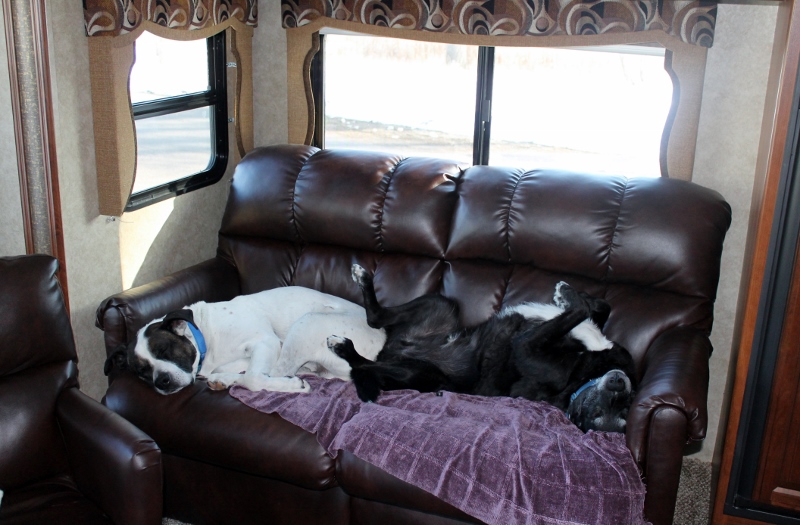
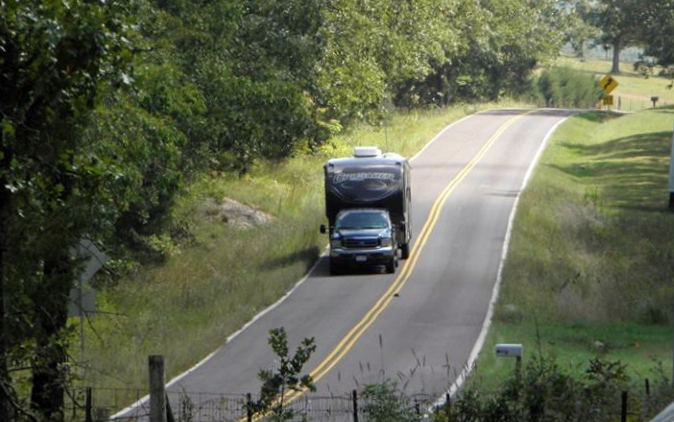
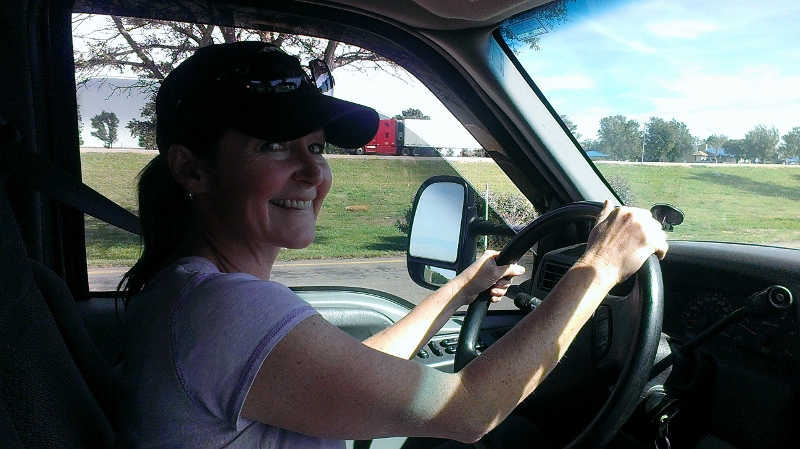
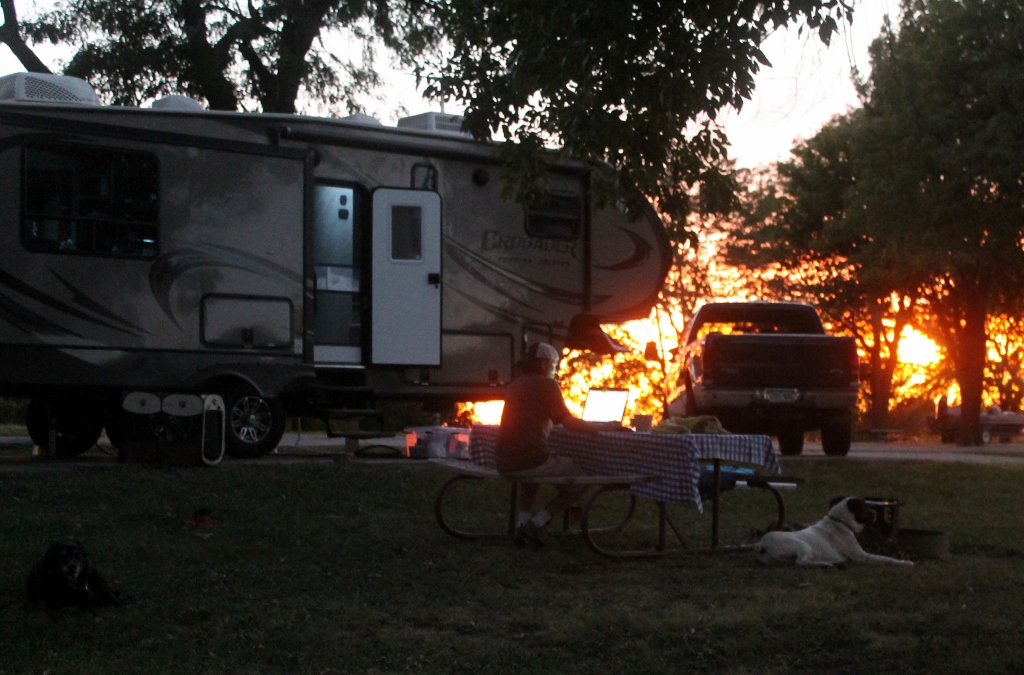
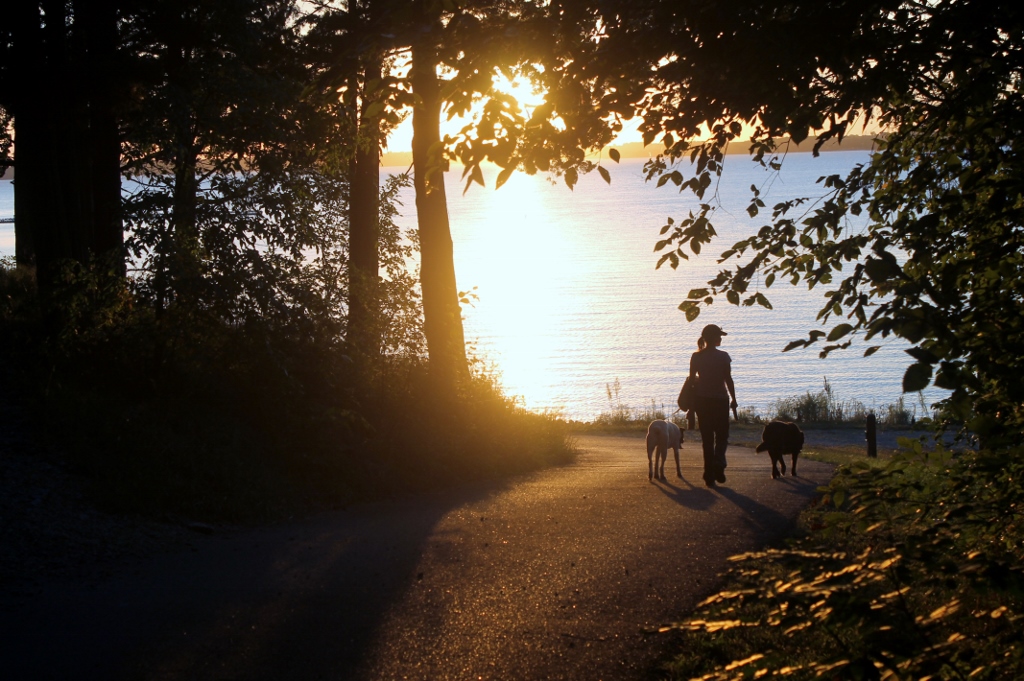
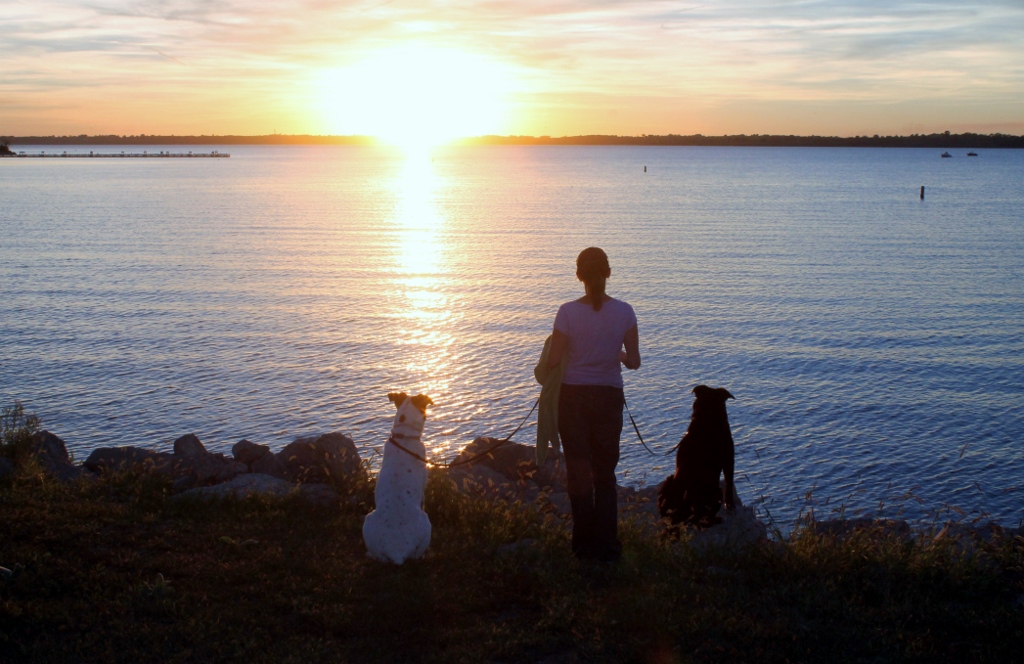



How Do Full Time RVers Get Mail?
Written by: Jeremy
How do full time RVers get mail? This question has to be the most frequent question that we get from people when they find out we are living on the road in an RV. I guess this question always strikes me as odd, primarily because this was a very easy thing to figure out and unlike a lot of things, not really a big deal.
Holiday cards and business checks aside, we have zero mail communication with anyone these days. In fact while visiting an old friend and coordinating the meeting trough instant message, email and text, we had a laugh talking later about how neither one of us could even remember how anyone use to coordinate anything before cell phones and computers. Even less than twenty years ago, the world was a completely different place. Then again, “How will we get our mail?” was one of our first questions too, so we do completely understand why people always ask.
I think a home address is part of an identity for people within a society. Whether it is an apartment you rent, the detention center you are sentenced to, or one of the multiple homes you own, your personal mailing address is a universal social code in our society. It identifies you with a specific state, city, region, community, tax status etc. The thought of not having one makes you feel exposed.
I think at least for some, there is also this belief that the US postal service would still be our last line of communication, or way to reach someone in the event of some sort of earth shattering event or apocalyptic scenario affecting the delicate web of satellite constellations and fiber optic wires that we all rely on for daily communication. I am somewhat amused by the notion that even if the World Wide Web is down and even if the satellite and cell networks have completely collapsed, an old man with two knee braces will still come trudging up our drive every day to deliver mail. If nothing else, the fact that people do have this thought is a testament to a very successful information delivery process that has stood the test of time but that might also be on its way into history. Neither snow nor rain nor heat nor gloom of nuclear holocaust stays these couriers from the swift completion of their appointed rounds. I guess if you consider sending a piece of a harvested tree by gasoline truck and human legs for thousands of miles swift, then maybe this form of communication still makes sense to you.
Joking aside, we quickly found that a number of companies provide mail forwarding services for a monthly or yearly fee. We use Good Sam Mail Service. You just sign up, and then your mail is forwarded to an assigned box address in Florida. The Florida based service sorts our mail, weeds out junk and then sends us an email telling us what is left. We then look online and tell them if we want them to pitch it, ship/mail it to our current location (wherever that may be), or they will also open it and scan the contents and send it to us electronically if we want. Most of our regular mail and bills can already be sent and paid electronically and we made sure to sign up for all that are available. So that is the answer to the question but not the answer to the full question.
I think while most people are asking questions like “how do you get your mail?”. We realize a lot are also at least internally asking “how do you not have a permanent home?” For every person reading this and saying they wish they could do what we are doing there are probably three that shutter at the thought of waking up every morning in a strange town, surrounded by strangers that you don’t know and that you certainly don’t trust. Logistics aside, one thing we are finding out quickly is that nomads don’t really think like that and neither do most campers and RV’ers. At least not the ones we are meeting.
I have lived for years in a city apartment where I never once spoke to the guy whose door was directly across the hall from mine. I have had houses where I have neighbors that I share a fence with and that I never even knew their names. We have not found this to be the case in the campgrounds and RV parks we have visited in the last year. More accurately I would say that we can go through a half dozen new next door neighbors in a couple weeks and we will probably feel at least somewhat like we know all of them. In some of the tighter parks you can get to know them without even meeting them.
Overall, I think full-timers are a pretty care free bunch that generally trusts one another and assumes the best from those around them. People are friendly and always willing to help each other out. In other words the very thing that scares people the most about this lifestyle seems to be a non-issue for those of us drawn to and living in it.
I have noticed that the only real curmudgeons at camp grounds are those people that have permanently built porches around their campers and that live in the same spot year round. They are the ones complaining about a dog that looks like a Pit Bull or someone’s music being too loud. They seem to have developed general distrust, distain and fear of everyone around them. Those of us just passing through seem to find fun and commonality just about everywhere we go and with everyone we meet.
I am not exactly sure why that is the case. It might just be the type of people that are nomadic RVer types. Maybe it is because nomads know they only have to spend a couple of nights enduring the county music blaring from the too close and spatially incognizant next door neighbor. That may even lead to a joke or two shouted in jest from one late night camp fire over to another, or even a new friend with a wildly different taste in music but that you soon find has a very similar love for and cooler full of good Pale Ale.
When you know that you will only be somewhere a couple of nights and not years, that yappy Pomeranian next door might just make you laugh instead of leading to an incident where the neighbors have to record the event on their cell phones for use as evidence in a future law suit. Even if you don’t live like a nomad, thinking about your neighbors the way nomads do might be a good idea for a few more people in our society.
RV Lesson #6: In the end, like most things in life, a permanent address is just a set of values that has no real value. A home and a community are real and something that everyone needs and that full-time RV’ers do not do without.
Leave a comment
Posted in General Commentary, Jeremy Blog, Live, Uncategorized
Tagged how full time rvers get mail, mail forwarding service, rv mail service